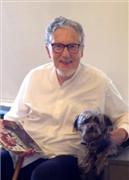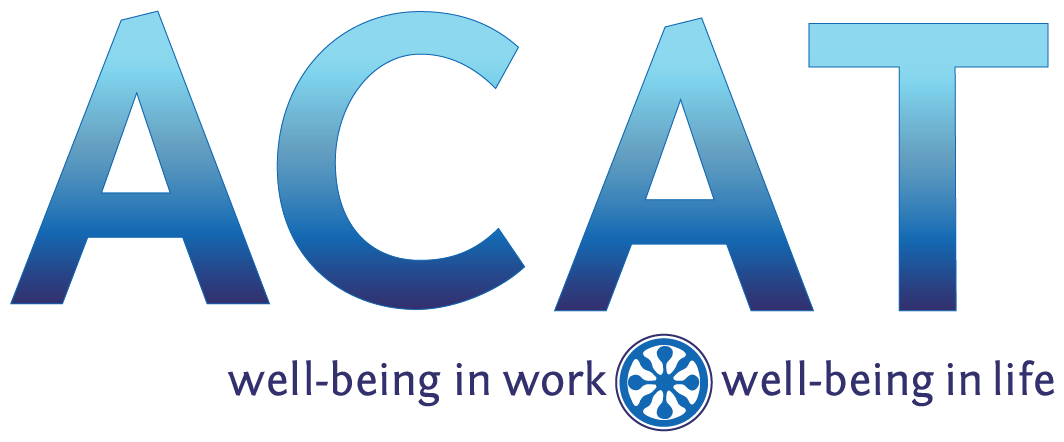 by Brooke Lieb
by Brooke Lieb
In her wonderful new book, Living The Alexander Technique, Ruth Rootberg interviews senior members of the Alexander community, who have been living with the tools of the Alexander Technique well into their later years. In her interview with Frank Ottiwell (1929 - 2015), who was certified by ACAT founder Judith Leibowitz in 1959, he reflects on his continued development in learning what it is to inhibit and direct. As I was reading, I could especially relate to the following section from the interview.
Frank Ottiwell is quoted:
“I think one of the things one has to learn—and certainly Judy [Leibowitz] was teaching me that right from the beginning—is 'Leave yourself alone.' Practice Inhibition. You learn to say the words, but not to do them. That’s the trick…. I think, too, that my focus has re-directed towards stopping something from happening, rather than being seduced into getting something to happen. With the order to 'free my neck,' for example, it is easy for me to slip into making tiny movements, even without intending to. I think, for a long time, some devil in me tricked me into little direct doings. I’m sure it will try again. I will have to be on the lookout for devils.”
Having been a student of the Alexander Technique for over 32 years myself, I found it reassuring and comforting to know that Frank Ottiwell was still tempted to do something muscular when working with the Alexander Technique after all his years of experience. I, too, am always refining my thinking and working on inhibiting (withholding consent) from my inclination to do something directly with my muscles when my true wish is to “free my neck.”
I think this process of relearning and refining what we are after when we use the Alexander Technique is common for Alexander teachers and students, alike. We live in a world full of triggers, we are habitual creatures, and it seems that as technology advances, we are all trying to accomplish more, not less, and are rushing to get things done. Taking time, and learning the difference between thinking intelligently and using muscle force is vital to manage our energy and tension levels under these circumstances.
One of the main challenges in learning to work with the Alexander Technique is learning not to turn the ideas and instructions from your teacher into a direct muscular action. When I work with a student, I tell her or him: “Listen to my words and think them, allow my hands to guide you to define what those words mean in your movements, but do not use your muscles to directly do your idea of what those words mean.” Easier said than done, but anyone who has been working in this way and had glimpses of what is possible will likely agree, it is very worthwhile.
Buy Ruth Rootberg’s book, Living The Alexander Technique on Amazon: http://www.amazon.com/Living-Alexander-Technique-Interviews-Teachers/dp/1937146774
Other epub versions are available on Nook, Google Play, and iBook.
You can read Frank Ottiwell’s obituary in the SF Gate here: http://www.legacy.com/obituaries/sfgate/obituary.aspx?n=Frank-Ottiwell&pid=175665326
[author] [author_image timthumb='on']http://www.acatnyc.org/main/wp-content/uploads/2014/01/Brooke1web.jpg[/author_image] [author_info]N. BROOKE LIEB, Director of Teacher Certification since 2008, received her certification from ACAT in 1989, joined the faculty in 1992. Brooke has presented to 100s of people at numerous conferences, has taught at C. W. Post College, St. Rose College, Kutztown University, Pace University, The Actors Institute, The National Theatre Conservatory at the Denver Center for the Performing Arts, Dennison University, and Wagner College; and has made presentations for the Hospital for Special Surgery, the Scoliosis Foundation, and the Arthritis Foundation; Mercy College and Touro College, Departments of Physical Therapy; and Northern Westchester Hospital. Brooke maintains a teaching practice in NYC, specializing in working with people dealing with pain, back injuries and scoliosis; and performing artists. www.brookelieb.com[/author_info] [/author]
